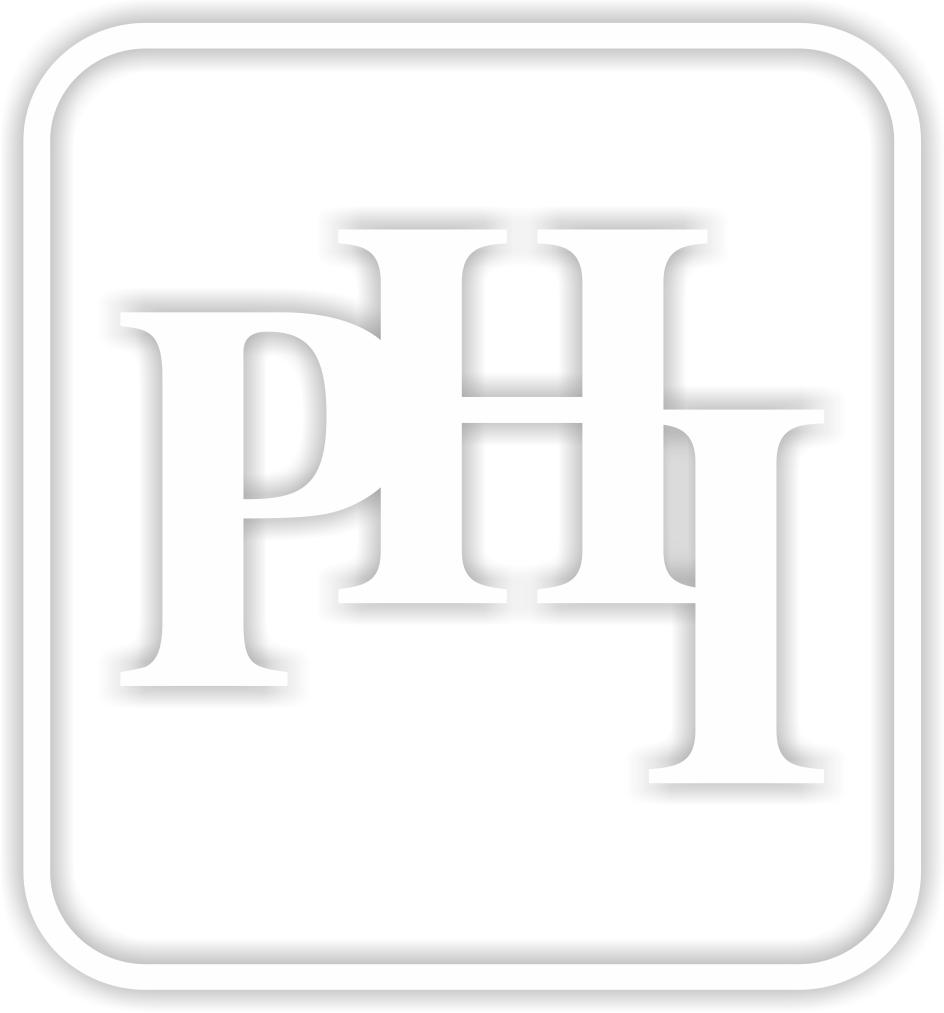In today’s digital era, the significance of textbooks cannot be overstated. Despite the widespread availability of online information, textbooks remain essential for fostering comprehensive understanding and cognitive growth.
As we enter the Digital Age, there’s a common misconception that books will become obsolete due to the abundance of online information. However, this notion couldn’t be more wrong.

As Albert Einstein famously remarked, “The only thing that you absolutely have to know is the location of the library.” This sentiment holds true as human intellect thrives on a diverse array of information sources, including textbooks. While online resources offer convenience, they often lack the depth and clarity provided by textbooks.
In academia, textbooks play a pivotal role in shaping students’ understanding of complex subjects. Unlike quick summaries and shortcut-methods available on study resources like Toprr, textbooks offer detailed explanations, diagrams, and analyses that promote conceptual clarity and critical thinking. By aligning with prescribed syllabi like academic standards, textbooks ensure consistency and excellence in education.
In essence, textbooks are not merely tools for acquiring knowledge; they are catalysts for creativity, inventiveness, and cognitive growth. Embracing academic textbooks is essential for preserving academic integrity and nurturing the intellectual curiosity of future generations.
ACADEMIC TEXTBOOKS VS TUITION NOTES
The distinctions between academic textbooks and other materials that cover academic syllabus like tuition notes.
In today’s dynamic educational landscape, textbooks remain indispensable for academic achievement. Despite the abundance of online resources, textbooks provide a sturdy foundation, guiding students through complex subjects with detailed explanations and comprehensive content.
-
Textbooks offer comprehensive content and facilitate conceptual clarity.
-
They serve as catalysts for creativity, critical thinking, and problem-solving skills by providing in-depth knowledge on the subject.
-
Textbooks encourage curiosity, diverse perspectives, and lifelong learning through structured resources and independent exploration.

TEXTBOOKS ARE MORE AUTHORITATIVE
Aligning textbooks with prescribed syllabi by educational authorities is a crucial effort undertaken by publishing houses and authors. This alignment ensures that textbooks are tailored to meet the educational needs and standards set by governing bodies like academic. For students aiming to excel in their exams, textbooks are indispensable resources, as they are meticulously edited and structured to align with syllabus requirements. The chapter-by-chapter framework of textbooks mirrors the topics and format outlined by educational authorities, facilitating seamless learning.
For context, here’s an insider look at our process: our experienced editorial teams meticulously review and edit textbooks, ensuring that each chapter aligns with the official syllabus. This meticulous alignment ensures that our textbooks are perfectly suited for students preparing for their exams.
At PHI Learning, we prioritize the alignment of our textbooks with established standards and guidelines. We recognize the importance of adhering to the standards set by set by various statutory bodies such as UGC, AICTE, etc. Our commitment to excellence is evident in our comprehensive coverage of course objectives and meticulous attention to detail, ensuring that our textbooks maintain consistency and coherence across educational institutions.

AUTHENTICITY AND CREDIBILITY
While online study materials found on platforms like Coursera and Udemy may offer convenience in grasping basic concepts, they cannot replace the expertise and depth of insight provided by knowledgeable authors in academic textbooks.
When authoritative sources speak on their areas of expertise, their unique perspective offers unparalleled value. This distinct frame of reference instills students with an outlook unmatched by quick summaries found in online study resources.
At PHI Learning, our commitment to authenticity and credibility sets us apart. With over six decades of experience, we’ve earned a reputation for excellence in publishing under the imprint Eastern Economy Editions – especially academic textbooks. Authored by renowned professors and subject matter experts, our textbooks offer unparalleled depth of knowledge. In an era of information overload, our textbooks provide a trusted source of information, empowering students to navigate higher education confidently.
Hence, textbooks are essential for academic success, as they provide a solid foundation for learning and growth. Choosing textbooks aligned with academic standards ensures comprehensive coverage of key concepts, preparing students for success in today’s dynamic world. Educators trust PHI Learning’s textbooks’ authenticity, credibility, and excellence in equipping students with the knowledge and skills they need to thrive academically.
Log on to www.phindia.com and browse our titles today!


Leave a Reply